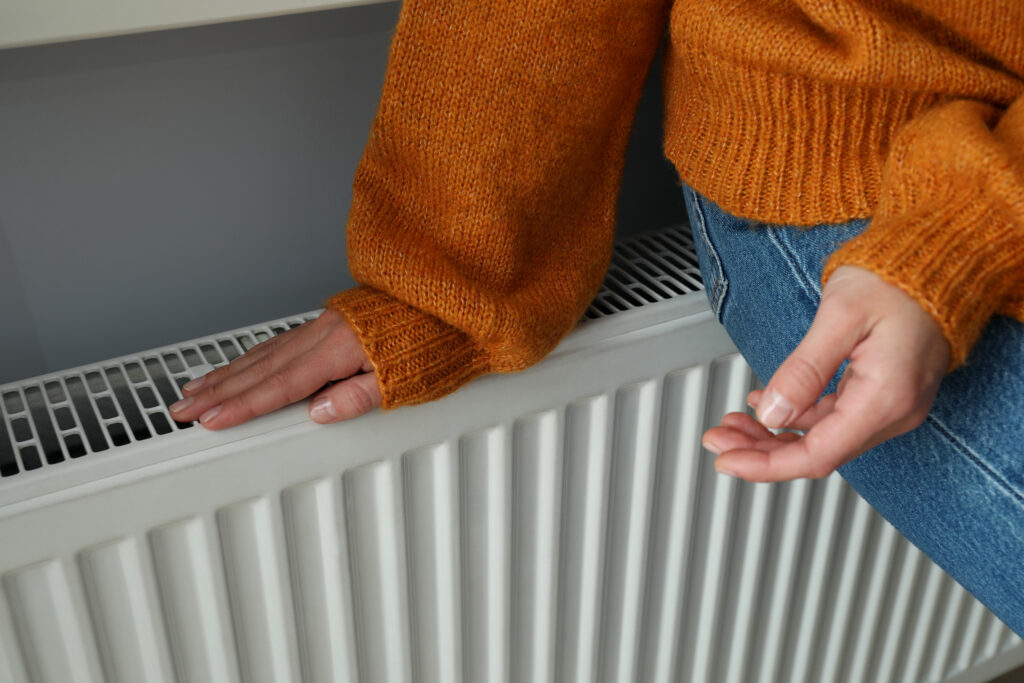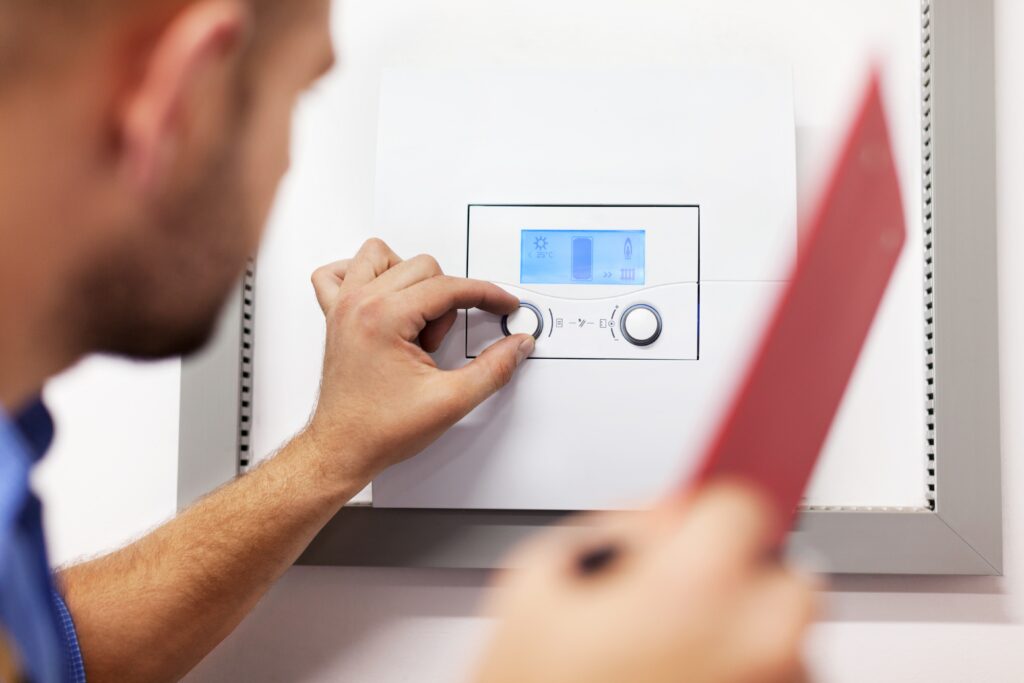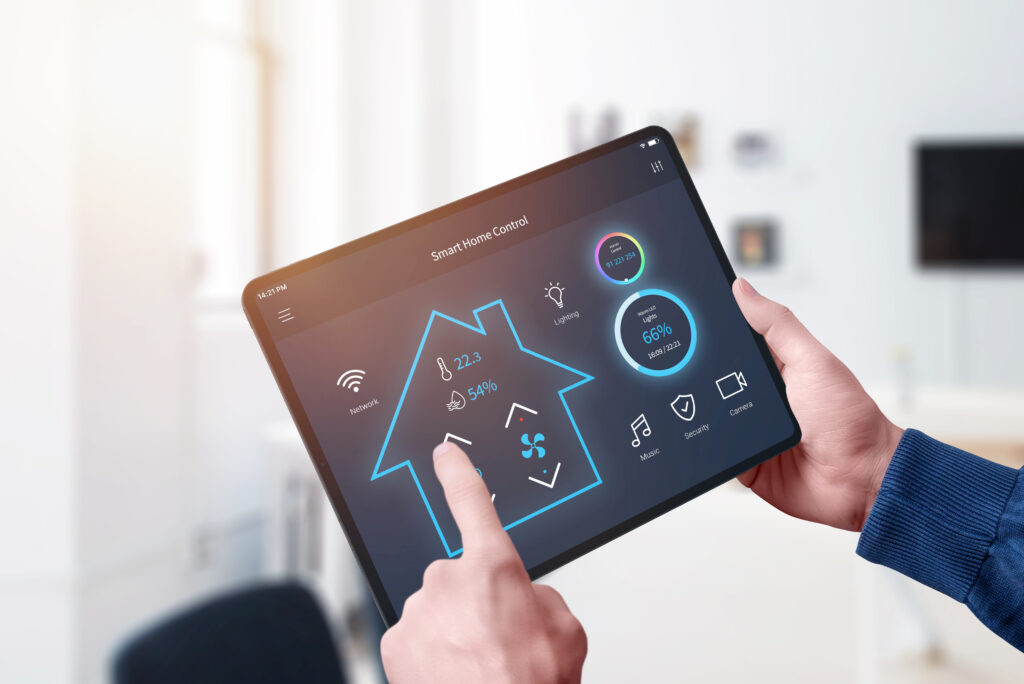Understanding the Need for Adaptations
In our daily lives, we often take for granted the ease with which we access essential facilities, such as using a toilet or taking a shower. For thousands of elderly and disabled individuals in the UK, accessing these facilities can pose significant challenges. Simple tasks like using the toilet can become difficult or impossible without the necessary adaptations or assistance, impacting independence and quality of life.
Challenges Faced by Individuals
For many individuals, navigating to and using the toilet without help can be a daily struggle. Consider that, on average, a person uses the toilet about eight times a day. Now, imagine needing assistance each time. The difficulty and frustration experienced by those who rely on help for such frequent and personal tasks become apparent. However, it doesn’t have to be this way. Bathroom and toilet adaptations are available to empower individuals, enabling them to use these facilities independently and with dignity.
The Importance of Bathroom Adaptations
For individuals with disabilities or elderly people requiring significant care, accessing bathroom facilities can pose substantial challenges. Difficulties in using functional rooms like the bathroom or toilet are the second biggest issue faced by families with severely disabled children. Additionally, bladder and bowel issues are the second most common reason for admission into residential care. These challenges highlight the pressing need for bathroom adaptations. According to data, approximately 40,000 home adaptations are carried out annually in the UK under Disabled Facilities Grants, with bathroom modifications being the most common. This figure excludes minor adaptations such as installing handrails or modifying toilet seats, demonstrating the widespread necessity for these changes.
Assessing the Need for Adaptations
Determining whether you would benefit from a bathroom or toilet adaptation can be straightforward. If you find it difficult to get on and off the toilet, or if you currently use a riser recliner chair, these could be indicators of a need for adaptation. Similarly, if you struggle with other day-to-day activities, such as peeling vegetables or turning the pages of a book, or have needed help getting on and off the toilet in the past, a toilet adaptation could significantly improve your quality of life by providing the independence and ease of access you need.
Options for Toilet Adaptations
Several options are available for toilet adaptations designed to accommodate different needs and preferences. Soft seat toilets provide additional comfort for individuals who may find traditional seats too hard. Grab rails, installed strategically, assist users in safely sitting down and standing up. Bariatric seats and benches offer robust support and comfort for heavier individuals. Horseshoe seats allow for easier access and mobility when using the toilet. Wash and dry toilets combine bidet functions, providing hygiene and comfort with minimal effort. These adaptations can help restore independence, reducing the need for assistance and allowing individuals to live more freely.
Other Home and Bathroom Adaptations
Beyond toilets, other home adaptations can assist those who struggle with everyday activities. Stairlifts allow safe and easy access between floors, which is invaluable for those with mobility issues. Walk-in showers or baths provide easy access for individuals who may find it difficult to step into a traditional bath or shower. Adjustable sinks and countertops are designed for wheelchair accessibility, enhancing the usability of kitchen and bathroom spaces.
The Impact of Adaptations on Quality of Life
Adapting your bathroom and home to better meet your needs can significantly improve your quality of life. Not only can these adaptations make using the toilet a more comfortable and dignified experience, but they can also lead to savings on home care costs by reducing the need for constant assistance. By promoting greater independence, these adaptations enhance the overall quality of life for those who might otherwise rely on others for help. For more information on how bathroom and toilet adaptations can benefit you or your loved ones we would always recommend speaking to a qualified plumber, contact the team at Heat-Tec today. We are dedicated to providing solutions that enhance accessibility and independence, ensuring a better quality of life for everyone.




